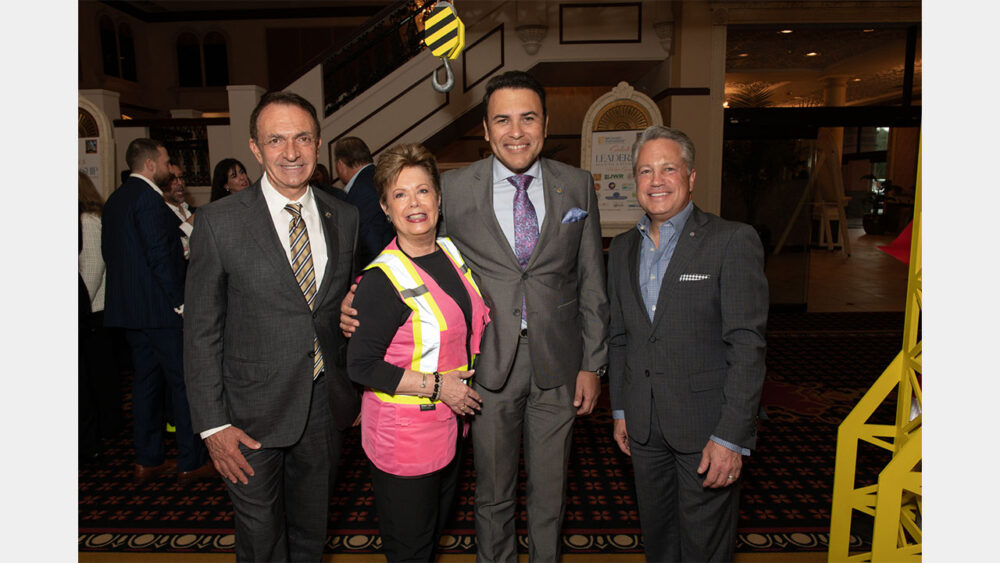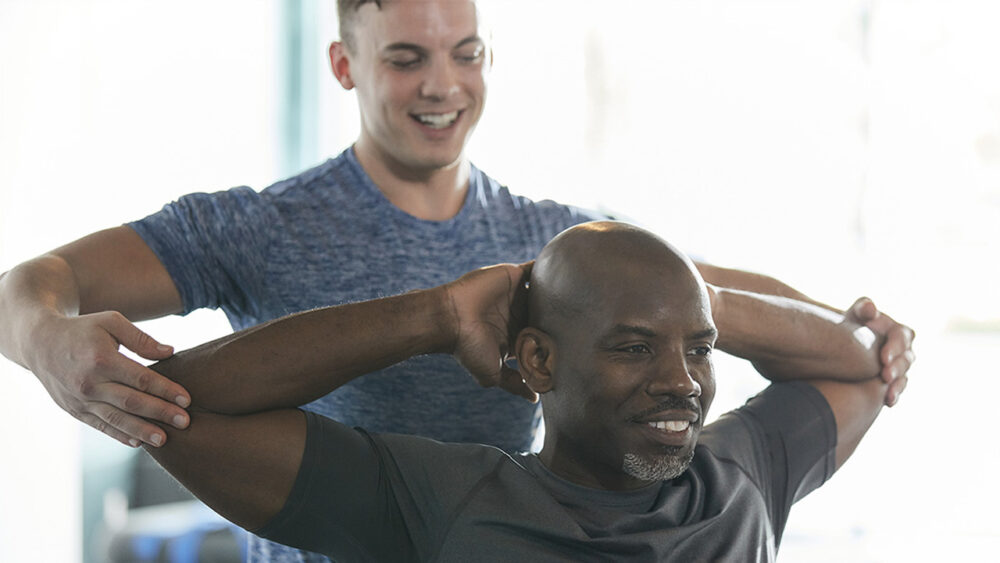The tri-county area has no shortage of waterfront venues to enjoy, so we’ve narrowed down some options.
3 South Florida Waterfront Restaurants to Experience


The tri-county area has no shortage of waterfront venues to enjoy, so we’ve narrowed down some options.

International travel is expected to trounce domestic travel this summer, but U.S. cities and beaches should do okay. Hello, Miami!

The first “Taste of Pace Summer Soiree” event is slated for Thursday, July 13.

The fundraiser included a program highlighting the accomplishments of Broward Partnership’s mission to help reduce homelessness by promoting independence and self-worth through advocacy, housing, and comprehensive services.

“From France, the Miami route choice was a natural connection because it is a dreamy destination for Parisians—and a gateway hub to cruise ports to additional attractive leisure destinations.”

It’s a tough market to crack, but NFL champ Patrick Mahomes is on board.

The property is located in one of the area’s most coveted neighborhoods; completion for the bespoke residences is slated for Q1 2024.

It will be the largest in South Florida, offering immersive real-time environments, Unreal Engine, and in-camera motion tracking and rendering.

It all started with a simple question: “Do you want to get stretched?”

Orlando’s premier destination offers some extravagant adult experiences for those seeking an escape that mixes in relaxation, adventure and fine dining.